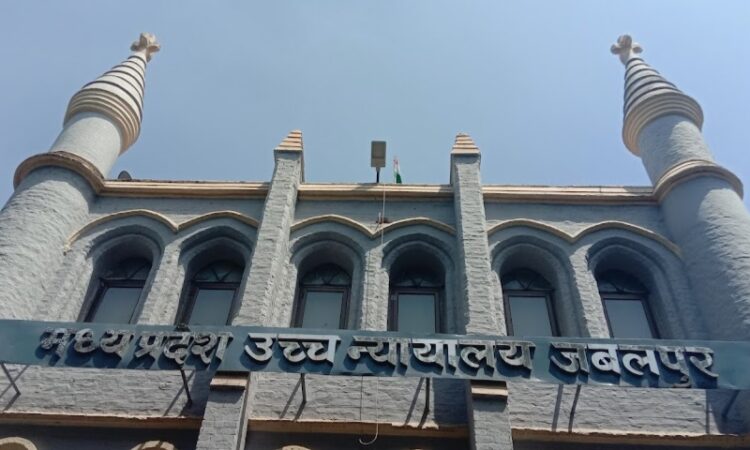In a recent development, the Madhya Pradesh High Court in Jabalpur has issued an order to reevaluate whether Shri Ram Janki Mandir, situated in Jabalpur, Madhya Pradesh, should be classified as a private or public trust.
The decision came as the High Court bench, headed by Justice GS Ahluwalia, heard a case filed under Article 226 of the Indian Constitution challenging various directives regarding the management of the land associated with the temple, as reported by LawBeat.
Advocate Ram Prasad Khare, representing the private trust linked with Shri Ram Janki Mandir, argued that the land in question was legitimately granted to the trust by the petitioners’ grandfather. He further contended that after the petitioner’s mother, who served as the Sarwarahkar (appointed custodian responsible for the deity’s service and property protection), passed away, the petition was pursued by her legal representative.
The petitioners raised objections against the Collector’s designation as the manager in revenue records, asserting that such a position is typically assigned to public trusts, whereas Shri Ram Janki Mandir is a private trust. They also highlighted the lack of consideration for the trust’s nature in the decisions made by the Collector, Additional Commissioner, and Board of Revenue.
Media report disclosed that government lawyer Mohan Sausarkar, representing the state, was instructed to scrutinize the orders issued by the Collector, Additional Commissioner, and Board of Revenue to ascertain if any determination regarding the trust’s nature had been made.
Upon careful examination of the arguments and orders issued by relevant authorities, the court noted a glaring omission. It was observed that none of the authorities had taken the initiative to determine whether Shri Ram Janki Mandir was a private or public trust.
Consequently, the court invalidated the orders issued by the Collector, Additional Commissioner, and Board of Revenue, and remanded the matter back to the Jabalpur Collector for a fresh assessment. The court emphasised the necessity for a specific finding on whether the temple is a public or private trust.
Furthermore, the court emphasised that if the trust is deemed to be private, the entire property, as per the gift deed executed by Shri Bhaiyalal, would belong to the deity. It directed that all funds and property should be utilised solely for the deity’s benefit and not for personal use. The Sarwarahkar would be obligated to submit weekly accounts to the District Judge, Jabalpur, ensuring transparency in the management of the trust’s assets.



















Comments